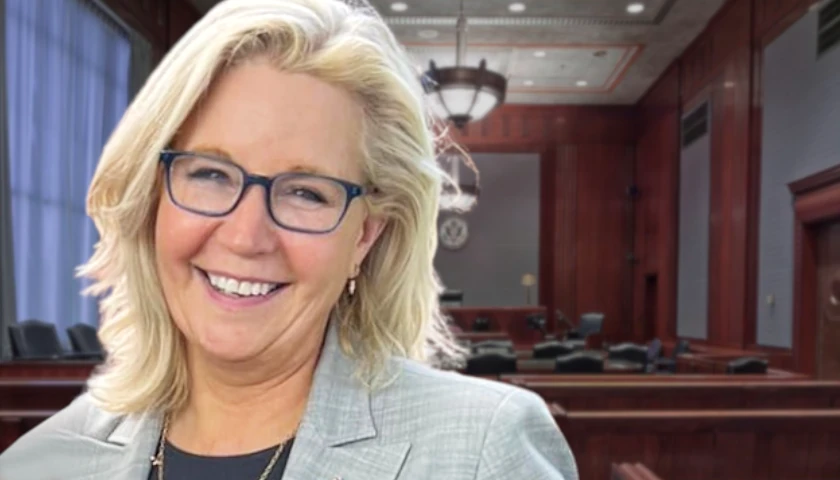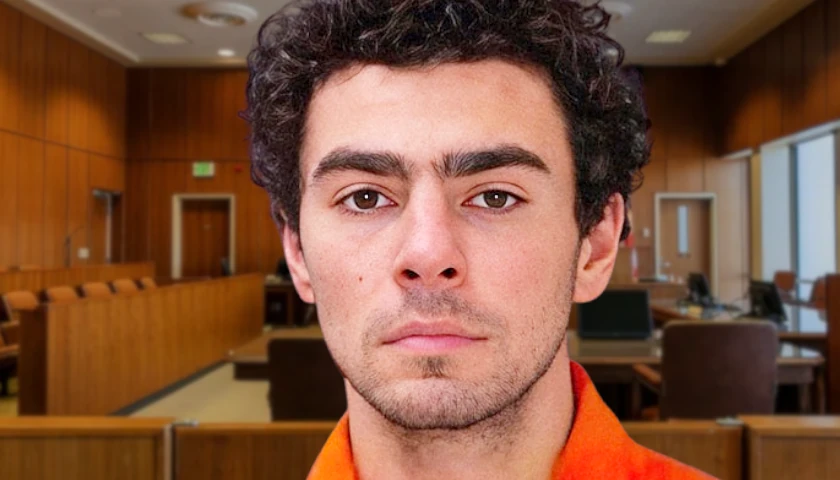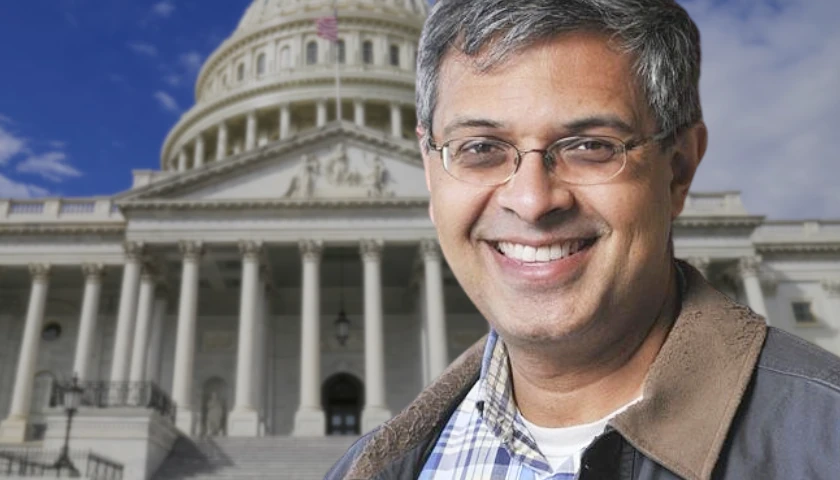by Bob Luddy
President Trump’s recent budget proposal calls for reforms to the federal student loan program, so that colleges that “accept taxpayer funds have skin in the game through a student loan risk-sharing program.” Certainly, a change in the student loan program is long overdue.
Recent research reveals that more than a quarter of students default on at least one student loan within 12 years of entering college. Shockingly, almost half of black students default (49%). While each default reflects a profound personal crisis for a former student, the aggregate data tell us that the government’s student loan program is terribly broken.
Student loan debt is the worst kind of debt in the burden it places on young adults. Once in default, debtors are subjected to aggressive and persistent collection efforts. They often face wage and tax garnishments, and the debt is almost impossible to discharge, even in bankruptcy. The $1.5 trillion student debt load is often cited as a major reason that college-educated millennials defer marriage, children, and home purchases.
Of course, there are some big winners in the government-run student loan business. Loan servicing and collection agencies make a lot of money when the debtor has such poor bargaining power. But the biggest beneficiaries of the student loan program, undoubtedly, are colleges and universities.
One reason that students default on student debt is that college is expensive — often too expensive. Retired university president Daniel Johnson recently published The Uncertain Future of American Public Higher Education, in which he describes many of the reasons that universities have seen costs rise, including academic tenure and administrative bloat where “leaders and governing boards have lost sight of student-centered missions in favor of more and greater non-education-related amenities, facilities, programs, and practices that have added substantially to the cost of a college degree without increasing its quality.” College athletics programs almost always operate at a loss, requiring subsidies in the form of higher student activities fees. Does it really make sense to ask students to borrow money so that the golf coach can get a raise?
We need to recognize that a large fraction of students defaulting on loans clearly points to one or more failures on the part of the colleges they attend — poor admissions decisions, poor guidance for students in selecting courses or majors, poor teaching or instructional support, and occasionally a failure to recognize and rectify past mistakes. For example, some students would be better off if told that they should leave the institution before incurring additional debt. A professor with whom I have a close relationship expresses remorse when he sees a student fail for lack of attending classes, only to see the financial aid office work (against his advice) to re-enroll the student and secure additional loans the next semester. Piling loans onto young people who are not yet mature enough to take college seriously is abusive.
Colleges are in the best place to address the student loan crisis because they have the best data — data on each student, each program, and each outcome. Unfortunately, it will be hard to get colleges to do the right thing when doing the wrong thing brings in so much more money. Reform is needed.
It’s time to protect students by putting a college guarantee into student loan programs. Students who are admitted to a college and who take out a student loan should be guaranteed that if they go into default on the loans, the college will cover any missed payments. This will ensure that the loan will be paid off on time, and the student can get on with life.
Once colleges guarantee loans, their behavior will improve dramatically. They will admit better, teach better, advise better, and do it all as innovatively and inexpensively as possible. Good colleges will partner with their students, and colleges that exploit students will close, as they should. When the proper incentives are in place, colleges will solve the student loan crisis.
– – –
Bob Luddy is the founder of Thales Academy.





